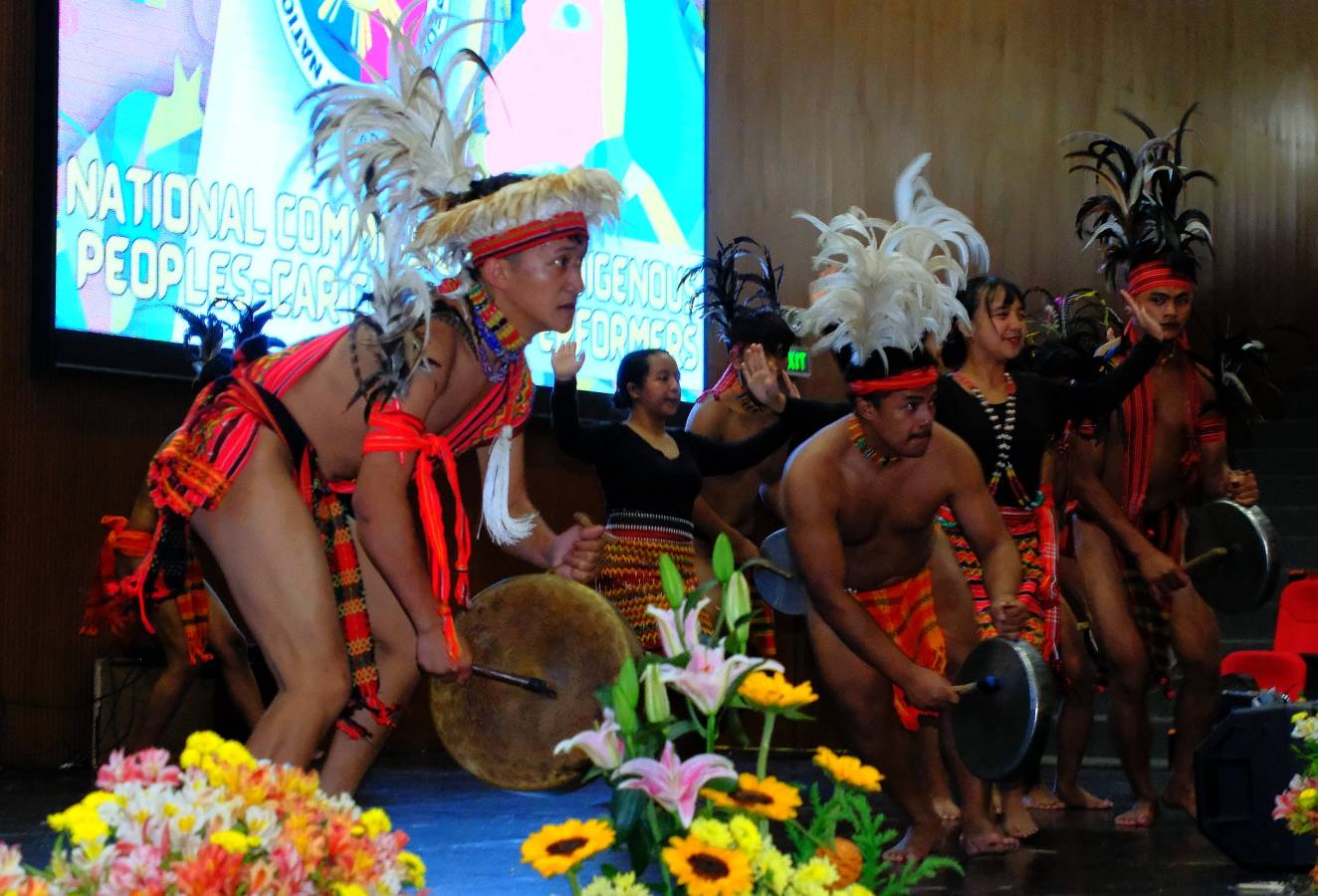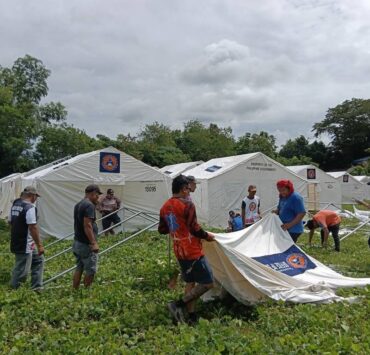Lawmakers revive push for autonomy in Cordillera region

BAGUIO CITY—Once again, incoming Cordillera lawmakers are set to refile the constitutionally mandated bill seeking to convert the Cordillera Administrative Region (CAR) into an autonomous region.
The move was announced Tuesday during the launch of the region’s monthlong foundation celebration.
The Cordillera region, predominantly inhabited by indigenous Filipinos, will mark its 38th foundation anniversary on July 15. It was established in 1987 by then President Corazon Aquino, following a ceasefire agreement and the initiation of peace talks with slain rebel priest Conrado Balweg in the aftermath of the 1986 Edsa People Power Revolution.
The ceremony began with the banging of a unity gong, which will be transported from Baguio City, this year’s host community, to the provinces of Ifugao, Kalinga, Benguet, Apayao, Abra, and Mountain Province.
In each stop, the gong will again be sounded before it is returned to the summer capital on July 15.
The 1987 Constitution mandates the creation of autonomous governments for both the Cordillera and Muslim Mindanao—regions that share a “common and distinct cultural and historical heritage.”
However, this mandate has so far only been realized through the establishment of the Bangsamoro Autonomous Region in Muslim Mindanao (BARMM).
Numerous bills have since been filed to enact a third Organic Act for the Cordillera, the latest of which was House Bill No. 3267. Newly installed Baguio Rep. Mauricio Domogan announced on Monday that he will be filing a new autonomy bill.
Fiscal viability
This time, however, the Department of Economy, Planning, and Development (DepDev) has commissioned a study to assess the fiscal viability of Cordillera autonomy. The agency seeks to determine whether the region can operate with less than its projected P75-billion budget over a 10-year period, said Jose Dado, DepDev’s deputy director for the Cordillera.
In 2023, Cabinet finance managers informed Congress that the national government might not be able to provide the requested subsidy for Cordillera autonomy under HB 3267 without compromising other government programs.
This concern stemmed from the lingering economic impact of the COVID-19 pandemic, ongoing foreign conflicts, global inflation, and the increased internal revenue allotments to local governments, according to a position paper submitted to the House of Representatives by former Finance Secretary and now Monetary Board member Benjamin Diokno, Socioeconomic Planning Secretary Arsenio Balisacan, and Budget Secretary Amenah Pangandaman.
At best, they projected the government’s fiscal position would improve by 2029.
DepDev has hired a research consultant to complete a fiscal viability study by October, said Apollo Pagano, DepDev’s regional director for the Cordillera.
Block grant
HB 3267 proposed an annual P10-billion block grant for the first five years of the Autonomous Region of the Cordillera (ARC), followed by P5 billion annually for the next five years.
According to Dado, the consultants’ preliminary findings suggested that the block grants could be reduced by prioritizing essential services that require mandatory national subsidies.
Under HB 3267, the ARC’s bureaucracy would absorb many of the functions currently handled by national line agencies. However, Dado noted that the full devolution of services could be implemented gradually. Programs, such as education, for instance, could continue to be funded by the national government in the interim.
At a workshop held on March 29, 2023, DepDev’s predecessor, the National Economic and Development Authority (Neda), outlined several scenarios for the ARC’s fiscal autonomy: one where the region relies solely on its internal revenues and resources; another where it receives no subsidies; and one where the block grant is calibrated to match the forecasted expenditure requirements of the regional government.
Neda concluded that a block grant would have to “constitute the bulk of ARC’s revenue sources,” since local revenues and national revenue shares would be insufficient to meet the region’s needs.
“Fiscal autonomy will hinge on the regularity and automatic release of block grants,” Neda said, noting that the ARC expects a “substantial budget surplus.”
However, the agency also cautioned that the ARC must be prepared for potential reductions in block grant revenues. These funds, it said, should be invested in “big-ticket economic development programs and high-impact environmental projects.”

















